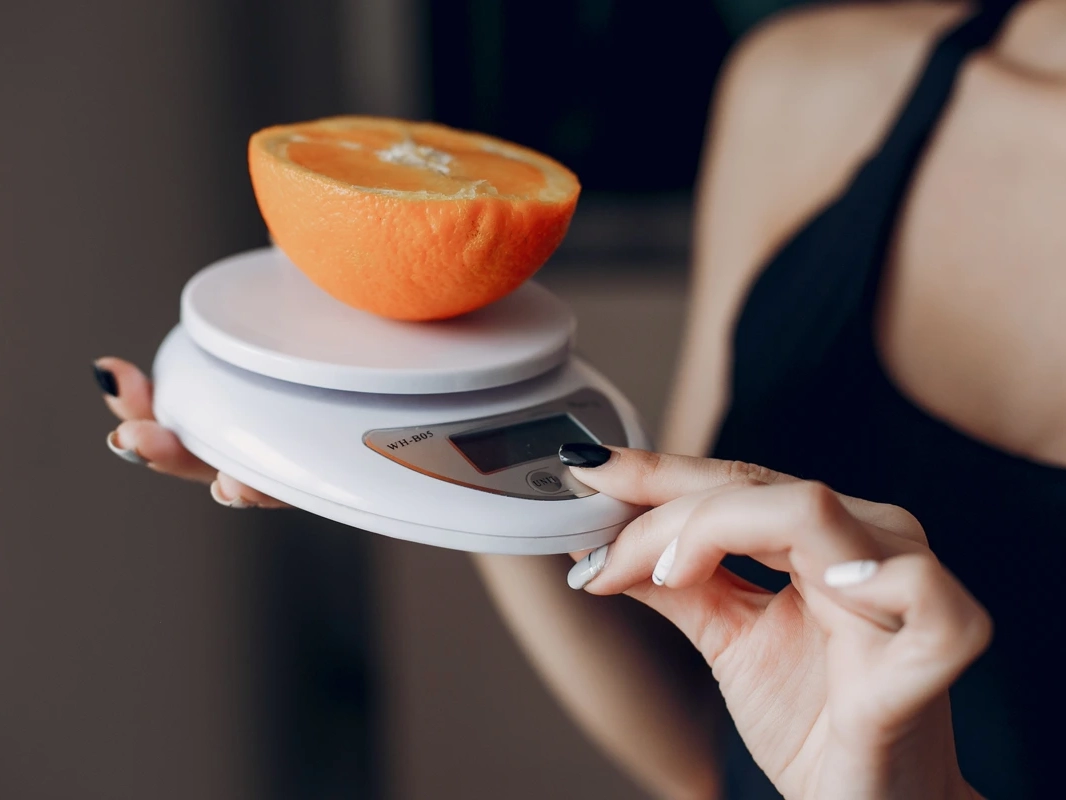Protein is the foundation of muscle growth, but are you eating the right amount? Every rep you push in the gym causes tiny muscle tears, and it’s protein that repairs and rebuilds them, making you stronger over time. But when it comes to results, the real question is: how much protein do you need per day for muscle growth? Skimping slows your progress, while overloading may do more harm than good.
In this guide, we’ll uncover the truth about protein intake, how to calculate your daily needs, and whether consuming more actually leads to faster gains.
Let’s break it down.
Table of Contents
ToggleHow Much Protein Per Day for Muscle Growth?
Your protein needs depend on weight, activity level, and goals.
General Protein Guidelines for Muscle Gain
- Light workouts (casual lifters): 0.6 – 0.8 grams per pound (1.3 – 1.7 g/kg).
- Serious training (athletes, weightlifters): 0.8 – 1.1 grams per pound (1.8 – 2.4 g/kg).
- Extreme training (bodybuilders, powerlifters): 1.1 – 1.5 grams per pound (2.4 – 3.3 g/kg).
Protein Calculator: Quick Estimate
Find your ideal intake in seconds with this Protein Calculator.
Or use this formula:
Bodyweight (lbs) × Protein Factor (0.6–1.5g) = Daily Protein (g)
Example:
- 150 lbs x 0.8g = 120g protein/day
- 200 lbs x 1.0g = 200g protein/day
Can You Eat Too Much Protein?
Yes. More isn’t always better. Excess protein won’t build more muscle. Instead, it can cause:
- Weight gain – Extra protein turns into fat if unused.
- Kidney strain – Excessive intake may stress your kidneys.
- Digestive issues – Too much protein can lead to bloating and constipation.
Safe upper limit: Stick to 1.5g per pound of bodyweight for muscle gain.
Best Protein Sources for Muscle Gain
Whole foods should be your main source of protein. Supplements help, but shouldn’t replace real food.
High-Protein Foods
| Protein Source | Protein per Serving |
| Chicken breast | 26g per 3.5 oz (100g) |
| Salmon | 22g per 3.5 oz (100g) |
| Eggs | 6g per egg |
| Greek yogurt | 15g per cup |
| Lentils | 18g per cup |
| Tofu | 20g per 3.5 oz (100g) |
| Whey protein | 20-25g per scoop |
For best results, eat a variety of protein sources.
Do You Need Protein Supplements?
Protein shakes are convenient but not essential. Whole foods provide complete nutrition, while powders only deliver protein.
When to Use Protein Powder
- You struggle to eat enough protein.
- You need a quick post-workout meal.
- You want a low-calorie, high-protein option.
Best Protein Powders for Muscle Growth
- Whey protein – Fast-digesting, ideal post-workout.
- Casein protein – Slow-digesting, great before bed.
- Plant-based protein – Good for dairy-free diets.
Does Protein Timing Matter?
Yes. Spreading protein intake throughout the day builds muscle better than eating it all at once.
Best Times to Eat Protein
- Morning – Kickstart muscle growth.
- Pre-workout – Fuel training with protein and carbs.
- Post-workout – Rebuild muscle within 30–60 minutes.
- Before bed – Casein protein helps overnight recovery.
How Much Protein Do You Need to Lose Weight?
Protein isn’t just for muscle gain. It also helps with fat loss.
- Higher protein intake keeps you full longer.
- It boosts metabolism and preserves muscle mass.
- Aim for 0.8 – 1.2g per pound of body weight.
If you’re cutting calories, prioritize protein to maintain muscle while losing fat.
The Bottom Line: Protein for Muscle Gain
- Eat 0.8 – 1.1g of protein per pound of body weight.
- Use whole food sources first, supplements second.
- Space protein intake evenly throughout the day.
- More protein isn’t better—stick to safe limits.
Need a personalized estimate? You can use a Protein Calculator to find your exact needs.
Eat smart, train hard, and fuel your muscles the right way.
Last Updated on May 15, 2025
Written By
At Ironclad Fitness, we cut through the noise with expert-backed, no-nonsense advice on training, nutrition, and gear. Our team stays ahead with research, real-world experience, and insights from industry professionals. We prioritize accuracy, transparency, and actionable guidance to help you get stronger every day.
Join thousands of readers leveling up their fitness.
Skip the guesswork—get insights on training, health, and the right gear to support your progress.
You may also like
What is Wellness and How it Will Change Your Life
Wellness is more than just physical health. It includes mental, emotional,…
How to Calculate Your Basal Metabolic Rate
Understanding your Basal Metabolic Rate (BMR) is key to managing your weight,…
Casein vs. Whey: Which Protein Is Better for You
When it comes to protein supplementation, casein and whey are two of the most…
Counting Macros vs Calories: What’s the Difference?
Trying to eat better or lose weight? You’ve probably heard of counting calories…
How to Count & Track Macros for Beginners
If you have ever tried to improve your diet or reach a fitness goal, you have…
How to Count Calorie Deficit to Lose Weight
Burn more calories than you eat. That’s how weight loss works. This is called a…





